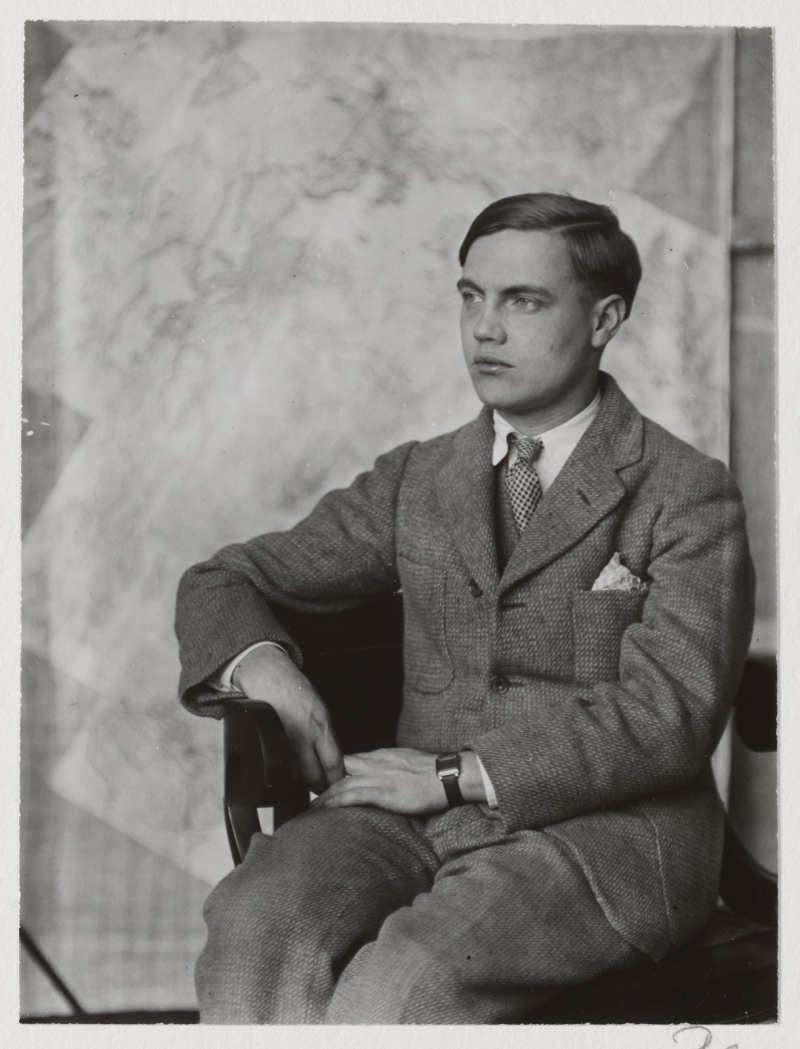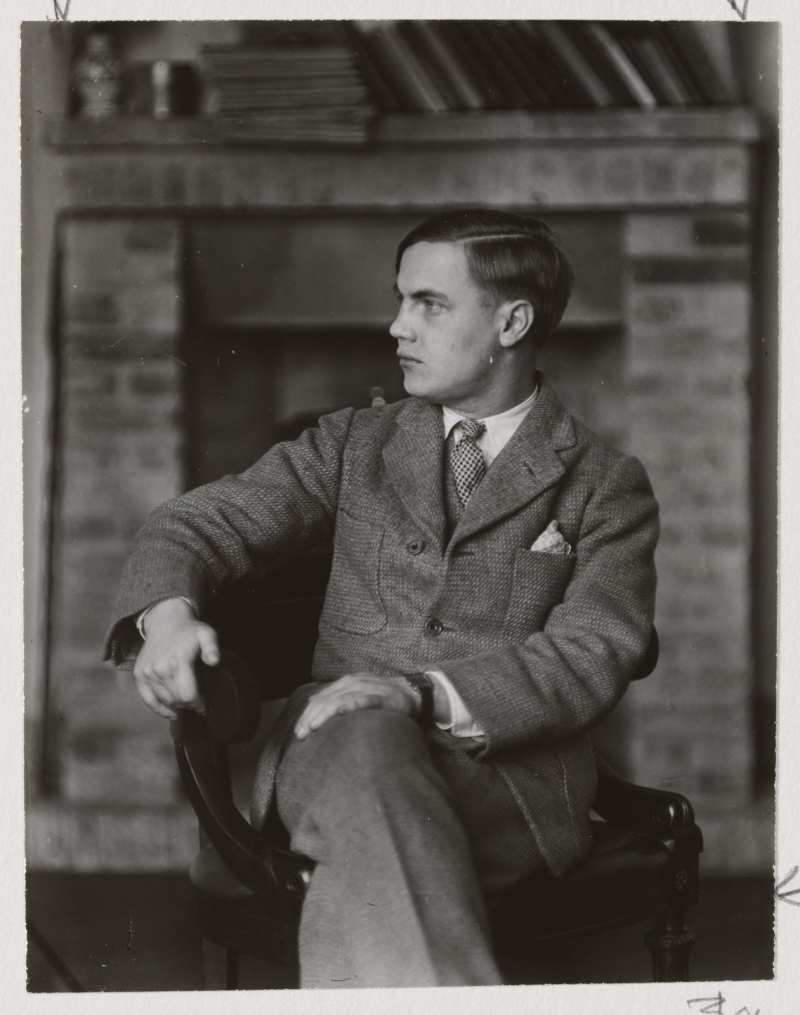George Antheil
American avant-garde musician, pianist, author, and inventor George Johann Carl Antheil created modernist musical works that delved into the contemporary musical, mechanical, and industrial noises of the early 20th century. Antheil spent the majority of the 1920s in Europe before moving back to the United States in the 1930s. He then devoted the majority of his time to writing music for movies and, later, television. His style evolved as a result of this work to become more tonal. Antheil was a guy of many abilities and interests, and he was always changing. He also penned an autobiography, a mystery book, newspaper and music essays, as well as magazine articles, one of which properly anticipated the course and result of World War II.
In New York, Ernest Bloch taught Antheil. He traveled to Europe in 1922, performed piano concerts, and rose to prominence in the avant-garde literary and creative communities of Paris. Le Ballet mécanique, one of Antheil's most famous pieces, was arranged for player pianos, car horns, electric bells, and airplane propellers. It sparked a harsh response in Paris (1926) and New York (1927), but was seen as somewhat subdued upon its reappearance in 1954. Antheil relocated to Hollywood in 1936 and went on to write several film scores, including those for Fighting Kentuckians (1940), Angels over Broadway (1940), and Tokyo Joe (1949). He gave up the avant-garde aesthetic around 1939 and adopted a blend of classicism, romanticism, and impressionism. Eight symphonies, Capital of the World, a ballet, chamber music, and the operas Transatlantic (1930), Helen Retires (1934), Volpone (1953), and The Wish are among his other compositions (1955). His autobiography is titled Bad Boy of Music (1945).
Detailed information:
Born: July 8, 1900
Died: February 12, 1959
Nationality: American
Notable works:
- The Airplane Sonata, for piano (a.k.a. "Second Sonata"), W. 40
- American Dance Suite No. 1: Hot-Time Dance, for orchestra, W. 187
- Archipelago, rhumba for orchestra, W. 172
- The Ben Hecht Valses, for piano, W. 67
- Berceuse for Thomas Montgomery Newman, for piano









